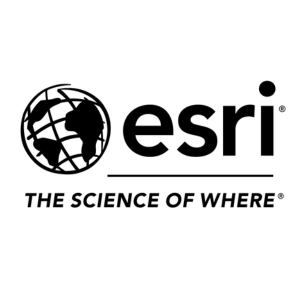|
< Return to program
NEPA
Categorical Exclusions: Theory and Practice
David Mattern, Lisa Mahoney, and Pam Hudson
Monday, May 20
Versailles Room
4:00 PM
About the Session
The Council on Environmental Quality NEPA regulations defines Categorical Exclusions as “a category of actions which do not individually or cumulatively have a significant effect on the human environment, and for which, therefore, neither an environmental assessment nor an environmental impact statement is required.” (40 CFR 1508.4). Ironically, it is common knowledge among NEPA practitioners that Categorical Exclusions are far and away the most common type of NEPA documentation. For several years legislation from Congress as well as regulation and guidance from agencies has emphasized and clarified circumstance and conditions where NEPA does not apply and expanded the use of Categorical Exclusions. Agencies prepare thousands and thousands of documents, many hundreds of page long, justifying why they don’t need to do NEPA. Quite simply, in terms of the number of actions and effort expended Categorical Exclusions are where the action is under NEPA. This panel will explore NEPA Categorical Exclusions from several perspectives; how Categorical Exclusions are established, case law, examples of current guidance, and results from a survey of NEPA practitioners on how Categorical Exclusions are used. The panel will engage the audience throughout the session and provide opportunity for questions, discussion, and examples.
About the Presenters
|
David Mattern, Parametrix
David has over 33 years of experience and is a senior manager of NEPA EIS and similar projects. His responsibilities include managing environmental impact statement preparation, conducting siting studies, and policy evaluations for public programs and facilities. He is knowledgeable in regulatory procedures and guidance for environmental studies and documentation, including processes for integrating NEPA, ESA, Section 106, Clean Water Act, Environmental Justice, and others. David has a strong record of facilitating inter-agency and community discussions on environmentally sensitive projects.
David managed Washington State's first reader-friendly EIS, using innovative graphic design and clear writing to produce an easy-to-understand and engaging document. The document has won four awards for its pioneering approach. His project experience includes siting studies and environmental documentation for highways, airports, landfills and resource management plans. David taught the Duke University Environmental Leadership Program course on preparing and documenting environmental impact analyses. He currently serves on the Board of Directors of the National Association of Environmental Professionals.
|
|
Lisa Mahoney, The Clark Group
Biography pending
|
|
Pam Hudson, U.S. Navy
P.E. Hudson, Esq. is the Counsel, Department of the Navy Office of General Counsel in Naval Base Ventura County, California. The focus of her practice is environmental law and planning, and specifically NEPA; she also develops and teaches courses involving NEPA, environmental planning and impact analysis, and environmental law, with a special emphasis on coastal and ocean resources, to federal employees. She has published 12 federal agency, academic, and peer-reviewed articles on environmental planning and impact assessment since 2013. She has 15 years of NEPA experience, and was the informal Chair of the NAEP CEQ Pilot Project, Best Practice Principles for Environmental Assessments, which was lauded by the CEQ. She also received the NAEP President's Service Award in 2015.
|
|

